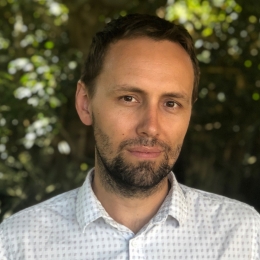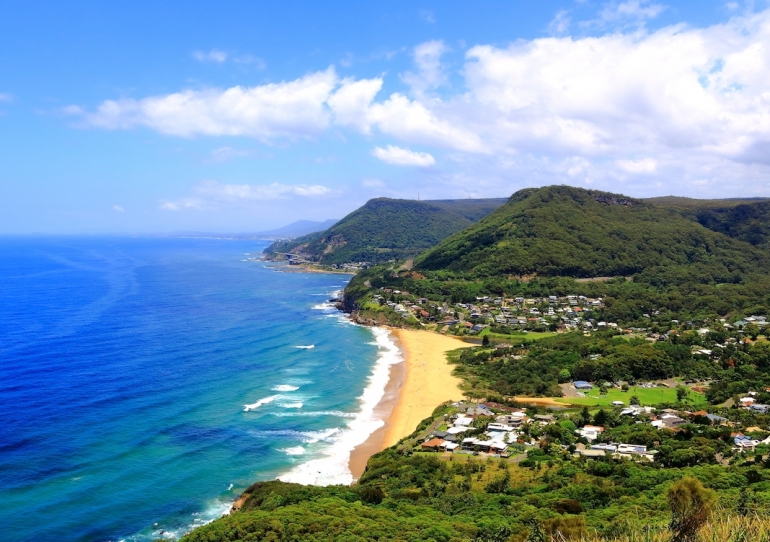When decisions are made about how we manage the ocean – whether it's developing a port, permitting a mine or how much fish we catch – many are made on the basis of very narrow assessments of whether they will support economic growth and employment, says UNSW Scientia Fellow Dr Ben Milligan.
“That's a big problem because it doesn't recognise all of the assets our long-term wellbeing relies on. The idea behind ocean accounting, and similar efforts on land, is that we need to fundamentally change how decision-makers measure the ocean and develop systems that help them take into account a broader range of information,” he says.
Dr Milligan conducts interdisciplinary research, teaching and advisory work at the Environmental Law Cluster (UNSW Law), Centre for Applied Economic Research (UNSW Business) and Centre for Ecosystem Science (UNSW Science). He focuses on the use of environmental information in public policymaking and the design of legal, institutional and policy frameworks for sustainable development.
We measure the ocean a lot and at UNSW alone, hundreds of scientists and students do so every year, Dr Milligan says.

Scientia Fellow Dr Ben Milligan.
“There is so much data about the ocean, but very little of it reaches decision-makers and even less reaches the really influential decision-makers that allocate money in finance and economic ministries.
“With ocean accounting, they would have a comprehensive understanding of how their decision is going to impact the natural environment and the ocean, how it's going to impact people and how it's going to impact the economy. They would have summary numbers related to those three issues, instead of just one.”
According to Dr Milligan, a whole new accounting framework is needed – in the same way most countries built a new accounting system around GDP for their macro economy after World War II. A growing number of countries are developing their own ocean accounting systems and are working together through a newly established Global Ocean Accounts Partnership.
Dr Milligan is co-lead with two colleagues, from Yale University and the UK government, on a Blue Paper on Ocean Accounts commissioned by the High Level Panel for a Sustainable Ocean Economy launched this week via a World Resources Institute webinar. The High Level Panel of 14 heads of government, including Australia’s prime minister, is a unique initiative of world leaders building momentum towards a sustainable ocean economy that incudes effective protection, sustainable production and equitable prosperity.
UNSW Sydney’s role in ocean accounting
In August 2019, UNSW Sydney accepted an invitation from the United Nations Economic and Social Commission for Asia and the Pacific (UN-ESCAP) to co-found the Global Oceans Account Partnership for Sustainable Development (GOAP). GOAP brings together diverse stakeholders, including national governments, intergovernmental organisations like UN agencies and the World Bank and research institutes, with the common interest to ensure the values and benefits of oceans are recognised and accounted for in decision-making about social and economic development. UNSW hosts the partnership secretariat for the Asia Pacific region and Dr Milligan currently serves as the Secretariat Director.
In November 2019, UNSW and UN-ESCAP co-hosted the inaugural Global Dialogue on Ocean Accounting for Sustainable Development with support from PROBLUE, the World Bank Blue Economy Program, and UNSW Institute for Global Development (IGD). During the four-day conference, more than 100 representatives from 26 countries, the UN, research organisations, technical experts and decision-makers discussed options for ocean accounting and to plan the development of the partnership. Leading researchers, government officials and other stakeholders shared experiences from a range of ocean accounting pilot projects.
